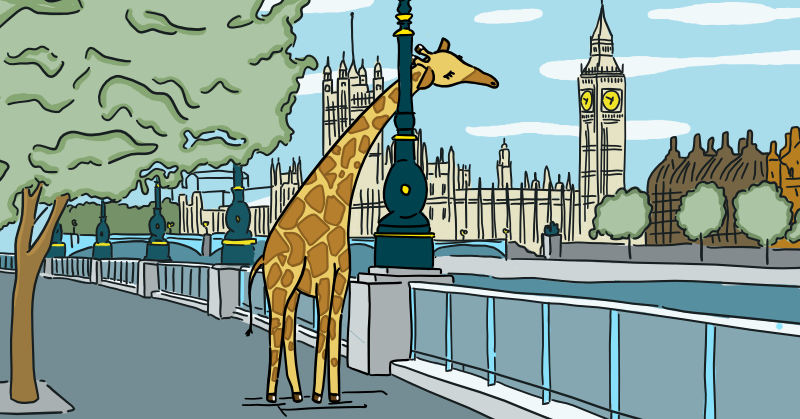Power, Poetry, Games, Markets, Jewels
The Politics Of Information
Henry Farrell & Sophie Roell | Five Books | 1st May 2020
Interview. Interesting throughout. Farrell argues that political scientists should know and care more about the role of information technologies and systems in shaping and managing societies; he proposes a core reading-list from Francis Spufford, Anna Wiener, Glen Weyl and others. “The political systems that we have were built in a different era. They were built for an era where information was extraordinarily important, but where the capacities to process and disseminate information were very, very limited” (10,600 words)
An Artificial Shakespeare
Jey Han Lau et al | IEEE Spectrum | 30th April 2020
Computer scientists explain how a machine-learning algorithm can write in the style of Shakespeare. “The computer begins by choosing the last word of the line. It makes this choice by considering all the words in the English language and assessing each word’s probability of appearing in that spot. Working backward, the computer repeats this process for each word. The probability scores of the candidate words begin to reflect how often certain words appear next to each other or in the same sentence” (2,990 words)
Family Feuds
Agnes Callard | The Point | 30th April 2020
Games allow us to treat others as enemies; we can seek to destroy even those whom in real life we love; and sometimes this is therapeutic. “Even in war there is some minimal requirement of care for the enemy. Within a game all demands of care are lifted. I can capture your pieces without apology. Within the scope of the game, I want to eradicate you. You are another self — but not the kind of self I have to promote, or protect, or be considerate of. You are the kind of self that is an enemy” (1,500 words)
Four Functions Of Markets
Steve Randy Waldman | Interfluidity | 1st May 2020
If this pandemic marks a tipping-point in Western ideology, away from reliance on markets, we need to recognise the useful things that markets now do, so that framers of new institutions “understand what will be excised, and what may sometimes need to be replaced”. Markets do four main things well: They collect and synthesise information; they “naturalise outcomes, defusing social conflict”; they encourage resource utilisation; they separate product and consumer from the process of production (3,940 words)
Admirable Urquhart
Denton Fox | LRB | 20th September 1984
A candidate for the best book review of all time; largely an account of the life of an eccentric 17C Scottish translator, Sir Thomas Urquhart, and nominally a review of Urquhart’s “unreadable” book, The Jewel, in a new scholarly edition. “The annotations, while concise, are numerous and valuable. Most of the innumerable more or less obscure Scots soldiers and savants that Urquhart mentions have been located, so that this edition will be very useful for anyone dealing with 17th-century Scotsmen” (3,040 words)
Video: Conspiracy Cruise | Brad Abrahams. Drama. A cruise-ship vacation for conspiracy theorists takes a turn for the surreal when a squad of Illuminati hijacks the vessel (12m 17s)
Audio: A Bit of Relief | The Daily. New York Times food writer Kim Severson tells how to make the perfect slice of toast; CEO Mark Thompson tells how to make the perfect cup of tea (16m 40s)
Afterthought:
"A person can do as they will, but not will as they will"
— Arthur Schopenhauer
